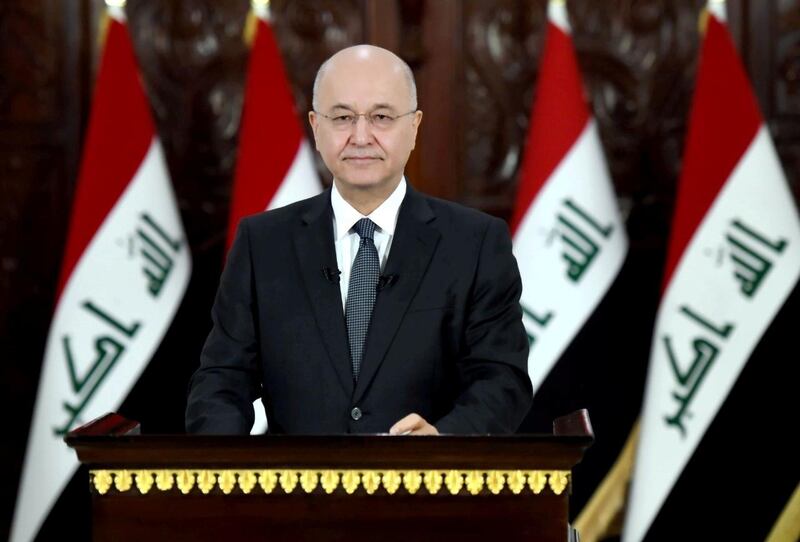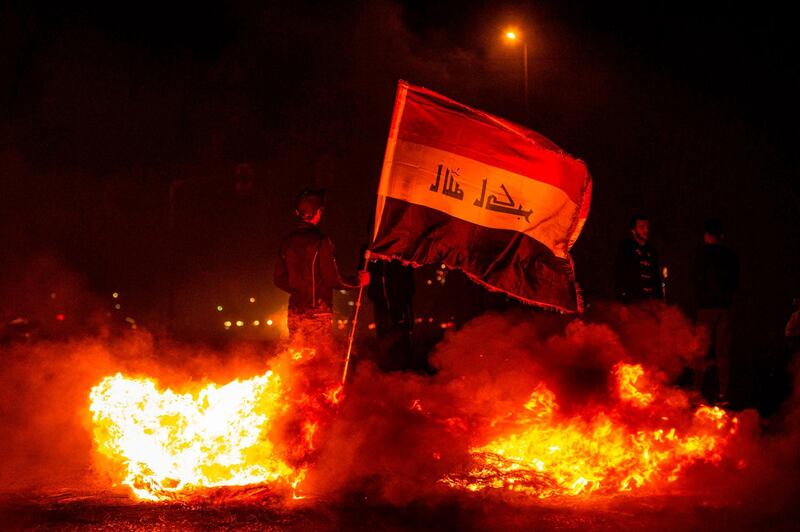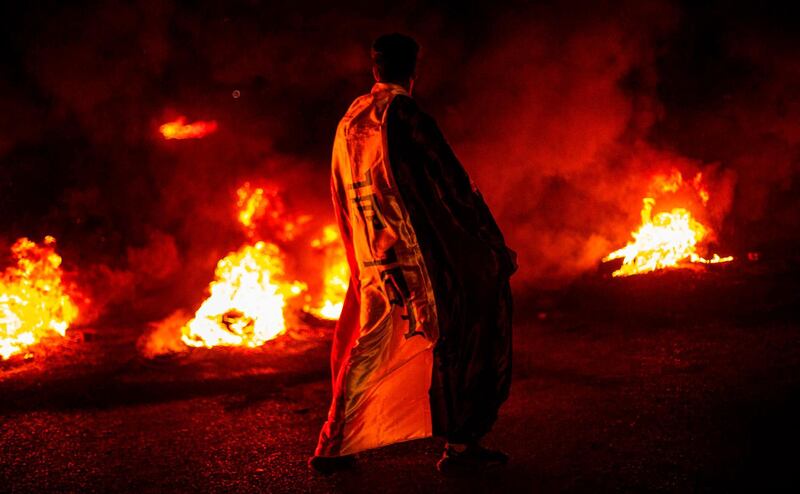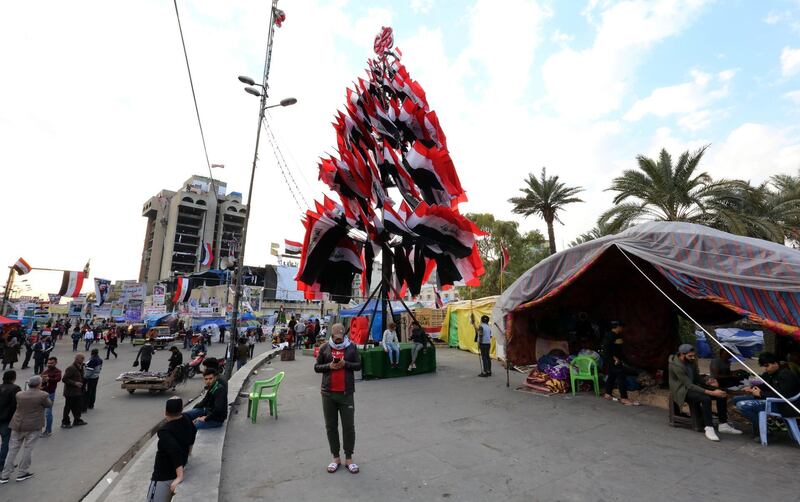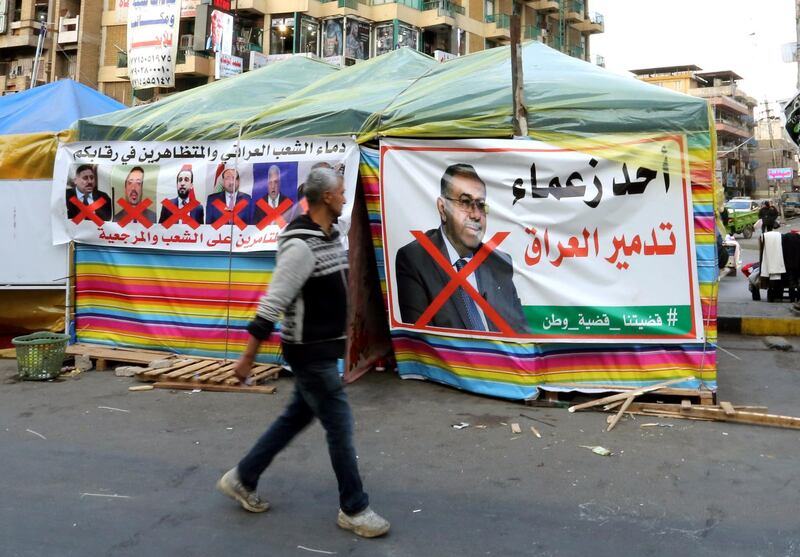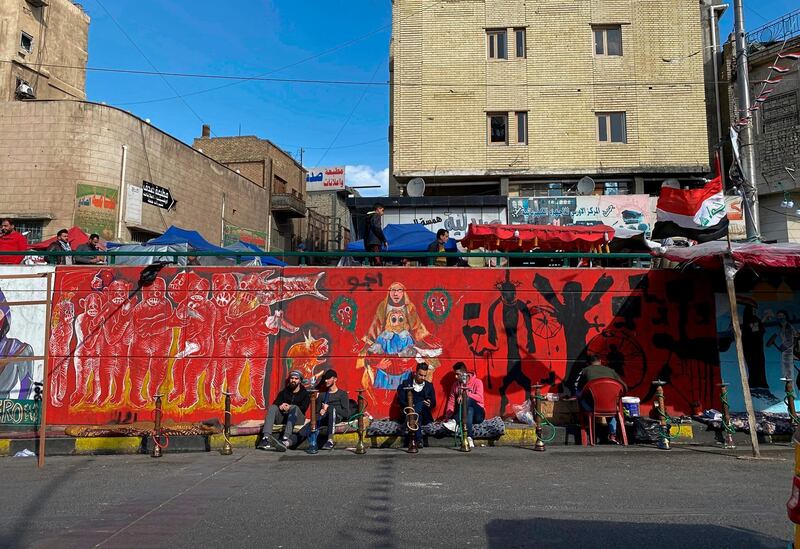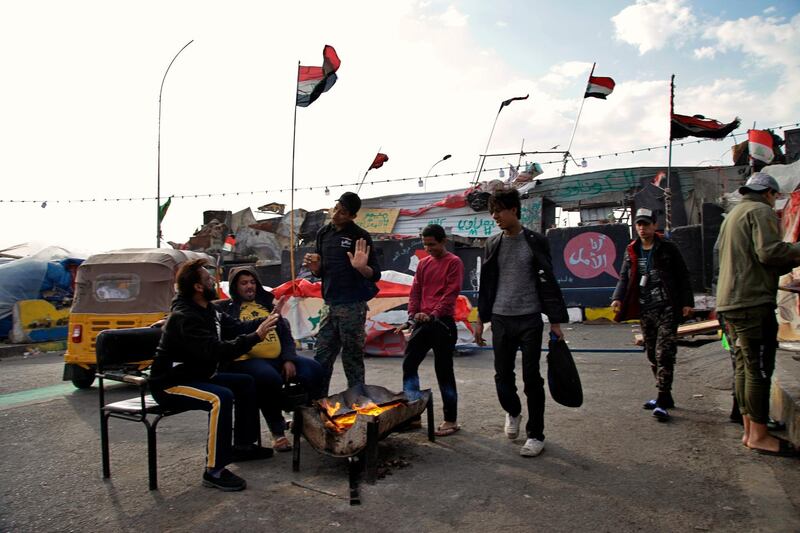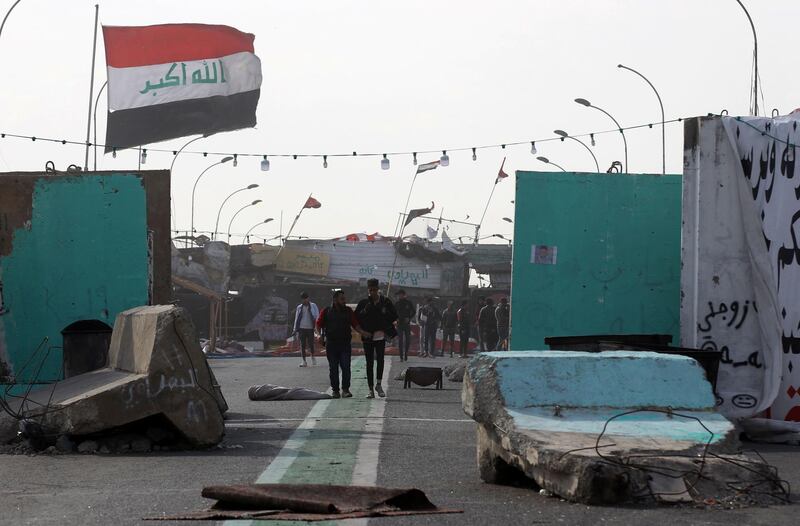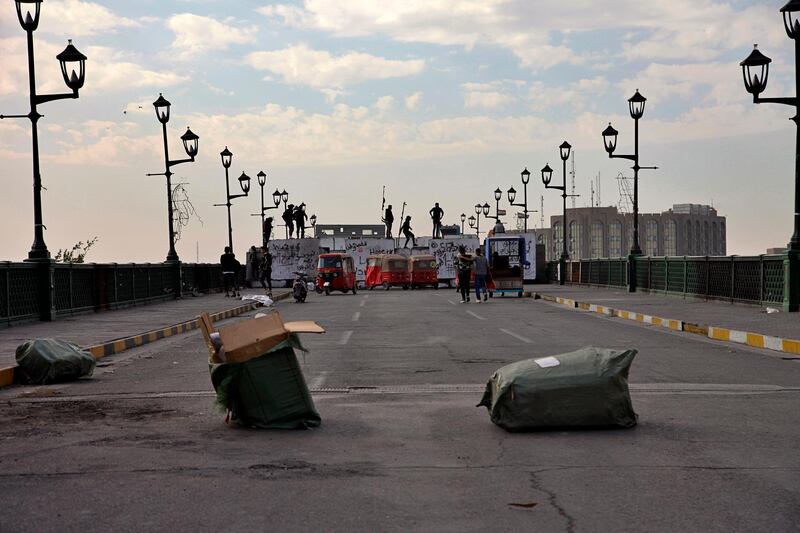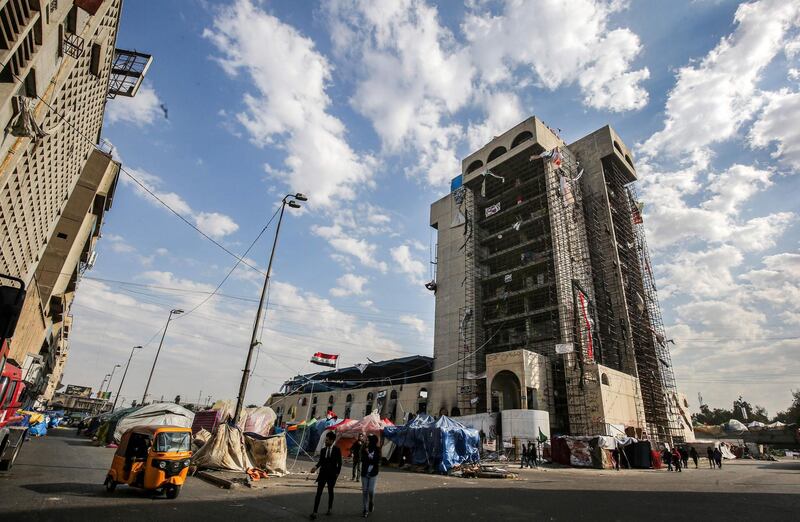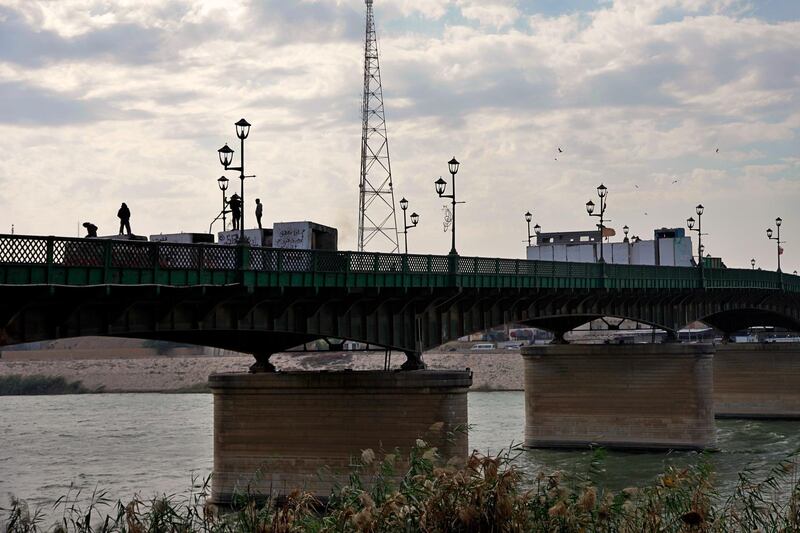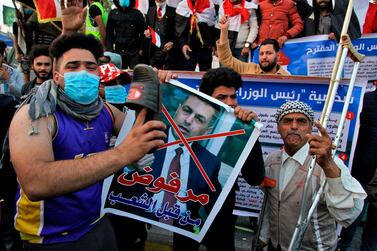In a political masterstroke, the Iraqi President Barham Salih has made his rejection of the current Prime Ministerial candidate Assad Al Eidani public.
After days of discreetly trying to convince the leadership of the political bloc Binaa, heavily supported by Iran, of the folly of their choice of Al Eidani, Mr Salih has made his rejection abundantly clear.
Mr Salih has gone so far as to announce that he would step down, rather than appoint Al Eidani to the position. In a four-page letter sent to the head of parliament on Thursday afternoon, Mr Salih made clear that Al Eidani is neither a suitable candidate nor one that meets the aspirations of Iraq’s protesters.
Mr Al Eidani was the governor of Basra, and is widely rejected as a candidate by the protest movement in Iraq due to the rampant corruption and mismanagement during his tenure in Basra. One of the primary calls of the protestors has been for a non-political and non-partisan figure to take the position of Prime Minister, and Mr Al Eidani is neither.
Mr Salih believes that parliament had to decide whether they will give him the opportunity to choose a Prime Minister who meets the demands of the protesters that took to the streets since last October, or the presidency becomes vacant. With a fragmented parliament, it is unlikely that the legislature will vote to remove Mr Salih, making it likely that Mr Al Eidani’s candidacy will fail. Should parliament accept Mr Salih’s resignation, Iraq would enter into a greater period of uncertainty.
In his letter, Mr Salih accepts that the constitution mandates that the largest parliamentary bloc can choose the candidate for Prime Minister but he explains that this choice is unacceptable. He goes on to say that “the will of the Iraqi people is the source of legitimacy for all authorities in the country”, and thus he cannot go against it. What remains to be seen is whether the protesters in the streets of Iraq will support Mr Salih in this move. If he can gain their support, then parliament will not be in a position to accept his resignation, nor impose Al Eidani. Thus far, no sitting official has been able to gain the support or trust of the protesters.
The unexpected move by Mr Salih is a smart one, allowing him more freedom to choose a suitable Prime Minister, or to leave his position with dignity.
